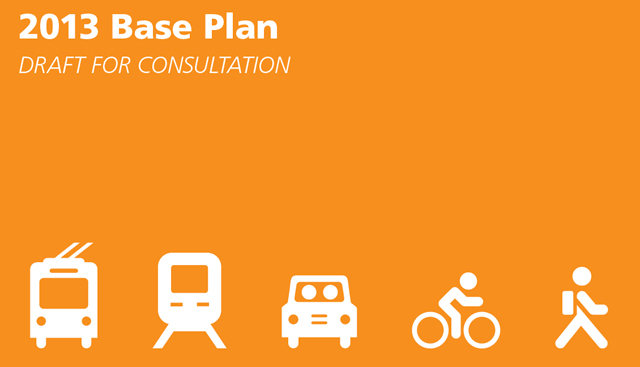My friend Jeff Wang’s post about Starbucks finally entering India made me think deeply about whether or not the business would really hit it off in India. At first, as the linked CNN blog discusses, the average person unaware of what really goes on in India, would say, “Oh, well Indians drink chai don’t they? I don’t think they would take to coffee!”
Well, the fact of the matter is, Indians are striving, perhaps just like the rest of the world, to be more and more like Western society. The new, younger, generations are taking after their counterparts halfway across the world in the Caucasian countries. Indian born and a resident until the age of 7, I would know best. When I grew up there, all of this was just starting: kids were starting to listen to Pop and Hip-Hop music created in North America and Europe. Slowly, the fashion began to evolve and nowadays, everything is changing very rapidly.

One thing that happens in India faster than anywhere else, for some reason that is out of my comprehension, is trend-hopping. Everything that becomes trendy, goes hot across the nation faster than you can imagine. Most likely, it’s the result of India being the second most populated nation in the world, and the largest democratic nation that’s open to infiltration by international media and influence more than China.
Starbucks won’t just be a hit because people will like it’s coffee, it will be the new thing because it’s the thing in America.
Image: http://s1.ibtimes.com/sites/www.ibtimes.com/files/styles/article_large/public/2012/10/19/starbucks-mumbai.jpg



Recent Comments